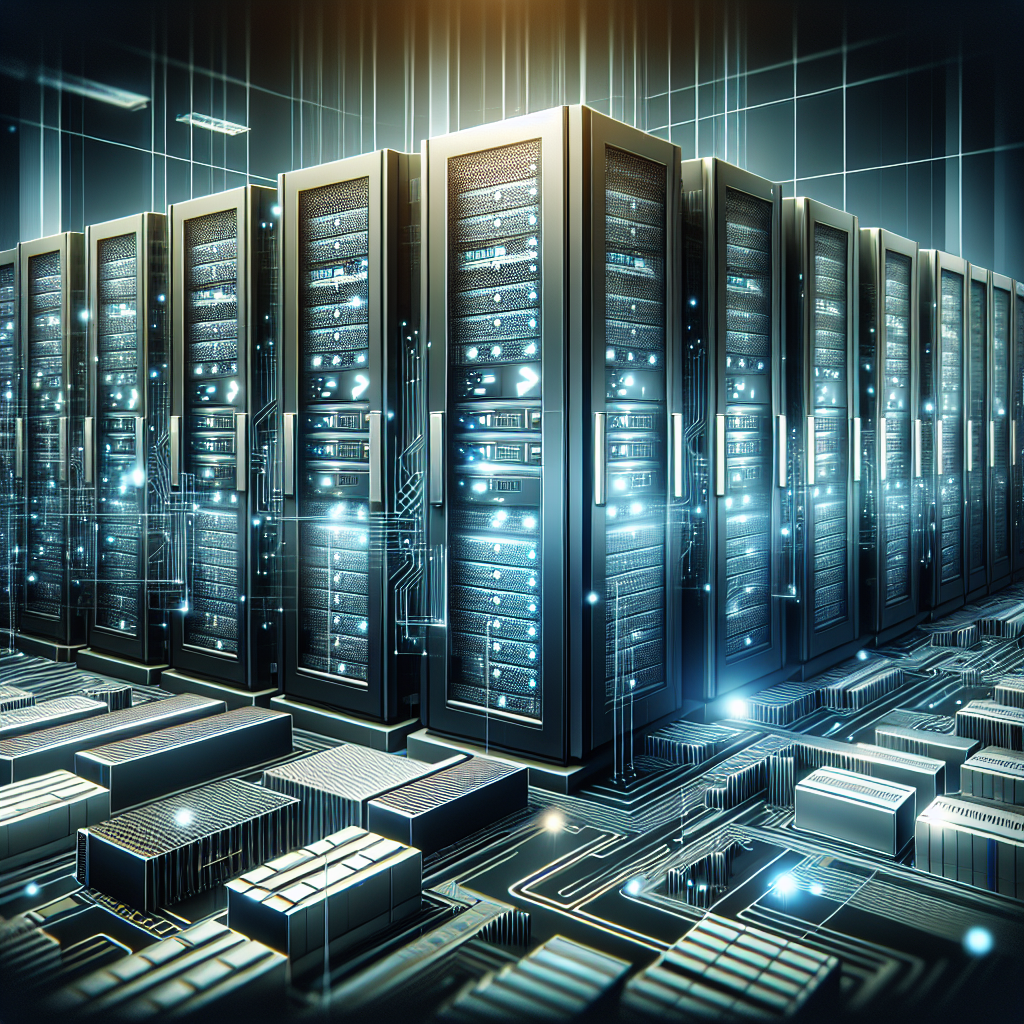Data centers play a crucial role in the digital age, serving as the backbone of our increasingly interconnected world. However, with the growing demand for data storage and processing, data centers are under constant pressure to ensure uptime and reliability. Uninterruptible Power Supply (UPS) technology is a critical component of data center infrastructure, providing backup power in the event of a power outage or fluctuation. In recent years, the UPS industry has seen significant advancements and innovations that are shaping the future of data center power management.
One of the latest trends in data center UPS technology is the shift towards modular UPS systems. Traditional UPS units are typically large, monolithic systems that require a significant amount of space and infrastructure to install. In contrast, modular UPS systems are comprised of individual modules that can be easily scaled and replaced, providing greater flexibility and efficiency for data center operators. This modular approach allows for easier maintenance, upgrades, and customization, ultimately reducing downtime and improving overall system resilience.
Another key trend in data center UPS technology is the integration of advanced monitoring and management capabilities. With the rise of Internet of Things (IoT) technology, data center operators are increasingly looking for ways to remotely monitor and control their UPS systems. By leveraging real-time data analytics and predictive maintenance algorithms, operators can proactively identify potential issues and optimize system performance. This level of visibility and control is essential for ensuring the reliability and efficiency of data center operations.
Furthermore, the push towards sustainability and energy efficiency is driving innovation in UPS technology. As data centers consume a significant amount of energy, there is a growing emphasis on reducing power consumption and environmental impact. Manufacturers are developing UPS systems with higher efficiency ratings and energy-saving features, such as variable speed fans and intelligent cooling systems. Additionally, some UPS systems are now incorporating energy storage solutions, such as lithium-ion batteries or flywheels, to store and deliver power more efficiently.
In conclusion, the latest trends in data center UPS technology are focused on enhancing reliability, flexibility, efficiency, and sustainability. As data centers continue to evolve and expand, UPS systems will play a critical role in ensuring uninterrupted power supply and protecting mission-critical infrastructure. By staying abreast of these trends and adopting the latest innovations in UPS technology, data center operators can effectively manage power requirements and meet the demands of a rapidly changing digital landscape.


Leave a Reply